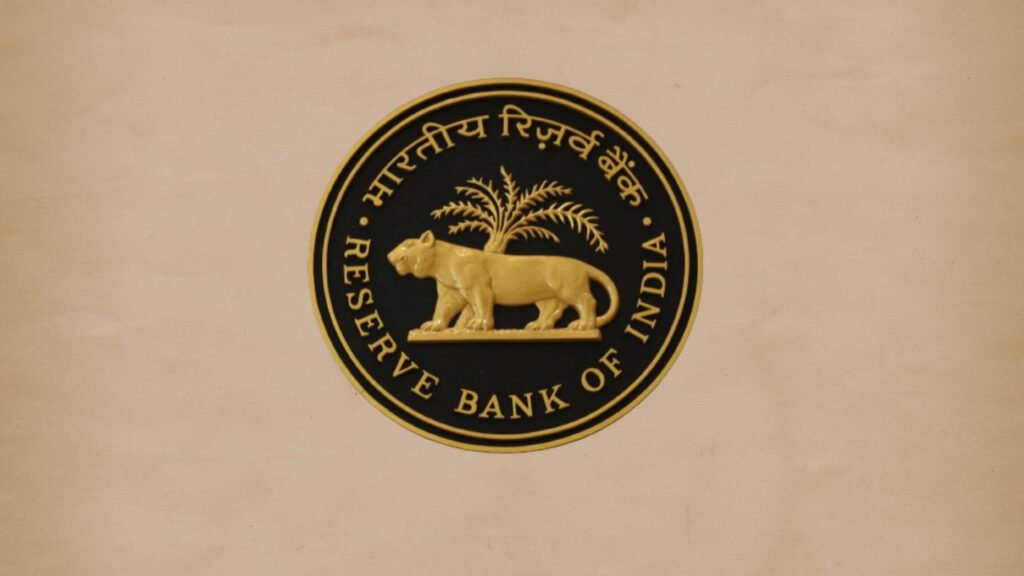
The Reserve Bank of India (RBI) has recently imposed monetary penalties on two major private sector banks, ICICI Bank and YES Bank, for violating various regulatory norms. These penalties highlight the RBI’s commitment to maintaining regulatory compliance within the banking sector.
Overview of Penalties
ICICI Bank Penalised
ICICI Bank, one of the leading private sector banks in India, has been penalized with a significant fine of ₹12.19 crore. The penalties were imposed for several infractions, including:
- Granting loans to companies where two of its directors held positions.
- Engaging in non-financial product sales and marketing.
- Failing to report frauds within the specified timeline.
The violations are in direct contravention of the Banking Regulation Act, 1949, and specific RBI directives on loans and advances, financial services, and fraud reporting.
YES Bank Fined
YES Bank has also faced the regulatory axe with a fine of ₹3.95 crore. The RBI identified several non-compliance issues, including:
- Neglecting annual review procedures and due diligence of service providers.
- Failing to ensure customers were not contacted outside the permissible hours of 7 p.m. to 7 a.m.
- Charging interest from the disbursement due date instead of the actual disbursement date.
- Imposing foreclosure charges despite the absence of a prepayment penalty clause in the loan agreements.
Background and Regulatory Context
The RBI’s actions are part of its continuous efforts to uphold the stability and integrity of the banking system. Regulatory compliance is crucial for protecting the interests of depositors, borrowers, and other stakeholders.
The RBI's penalties are not just about punishing non-compliance but also about reinforcing the importance of following established norms and guidelines.
Previous Penalties
In the past, ICICI Bank has faced substantial penalties. In March 2018, the RBI imposed a ₹58.9 crore fine for non-compliance with directives related to the direct sale of securities and inadequate disclosure of information. This history underscores the bank’s ongoing challenges with regulatory adherence.
Detailed Examination of Violations
ICICI Bank's Specific Violations
- Loans to Companies with Director Involvement: ICICI Bank extended loans to companies where two of its directors were also directors, which is a conflict of interest and against RBI norms.
- Non-Financial Product Sales: The bank was found engaging in the sale and marketing of non-financial products, which is not permitted under RBI regulations.
- Fraud Reporting Failures: The bank did not report certain frauds to the RBI within the required timeframe, violating the directives related to fraud classification and reporting.
YES Bank's Specific Violations
- Annual Review and Due Diligence: YES Bank neglected to perform annual reviews and due diligence of its service providers, a critical oversight in ensuring service quality and compliance.
- Customer Contact Violations: The bank contacted customers outside the permissible hours, breaching norms designed to protect customer privacy.
- Incorrect Interest Charging: Charging interest from the disbursement due date rather than the actual date of disbursement led to unfair financial burdens on customers.
- Foreclosure Charges: YES Bank imposed foreclosure charges even when no prepayment penalty clause existed in the loan agreements, which is against customer service norms.
Impact on the Banking Sector
The imposition of these penalties serves as a stern reminder to all banks operating in India. Compliance with regulatory requirements is not optional but essential to maintaining the trust of customers and the stability of the financial system. Non-compliance can result in significant financial penalties and reputational damage, both of which can have long-term effects on a bank's operations and customer trust.
Importance of Regulatory Compliance
For the banking sector, regulatory compliance is crucial for:
- Protecting Depositors' Interests: Ensuring that customers' funds are managed securely and responsibly.
- Maintaining Market Integrity: Keeping the financial market stable and free from malpractice.
- Building Customer Trust: Customers need to trust that their bank adheres to regulations designed to protect them.
Overview of Penalties
| Bank | Penalty Amount | Violations |
|---|---|---|
| ICICI Bank | ₹12.19 crore | - Loans to companies with director involvement - Non-financial product sales - Failing to report frauds within the specified timeline |
| YES Bank | ₹3.95 crore | - Neglecting annual review procedures and due diligence - Customer contact outside permissible hours - Incorrect interest charging - Unauthorized foreclosure charges |
Overview of Violations
| Violation | ICICI Bank | YES Bank |
|---|---|---|
| Loans to Companies with Director Involvement | Granted loans to companies where two directors were also directors. | N/A |
| Non-Financial Product Sales | Engaged in sales and marketing of non-financial products. | N/A |
| Fraud Reporting Failures | Did not report certain frauds to the RBI within the required timeframe. | N/A |
| Annual Review and Due Diligence | N/A | Neglected to perform annual reviews and due diligence of service providers. |
| Customer Contact Violations | N/A | Contacted customers outside the permissible hours of 7 p.m. to 7 a.m. |
| Incorrect Interest Charging | N/A | Charged interest from the disbursement due date instead of the actual disbursement date. |
| Foreclosure Charges | N/A | Imposed foreclosure charges despite the absence of a prepayment penalty clause. |
Key Takeaway
- RBI fines ICICI Bank ₹12.19 crore and YES Bank ₹3.95 crore for regulatory violations.
- Violations include improper loan practices, non-compliance with fraud reporting, and unauthorized operations.
- RBI’s strict enforcement aims to ensure banking sector integrity.
- Historical penalties highlight ongoing compliance challenges, especially for ICICI Bank.
- Regulatory adherence is crucial for maintaining trust and stability in the banking sector.

Hi, I’m Durgesh Nayak, and I hold a Master’s degree in Commerce with over five years of experience in the banking sector. I am certified with JAIIB and CAIIB, which has given me a solid foundation in financial knowledge. For the past four years, I’ve been sharing my passion for finance through writing money and finance blogs.
My goal is to make complex financial topics accessible and actionable, helping you improve your personal finance, investment strategies, and overall financial planning.

